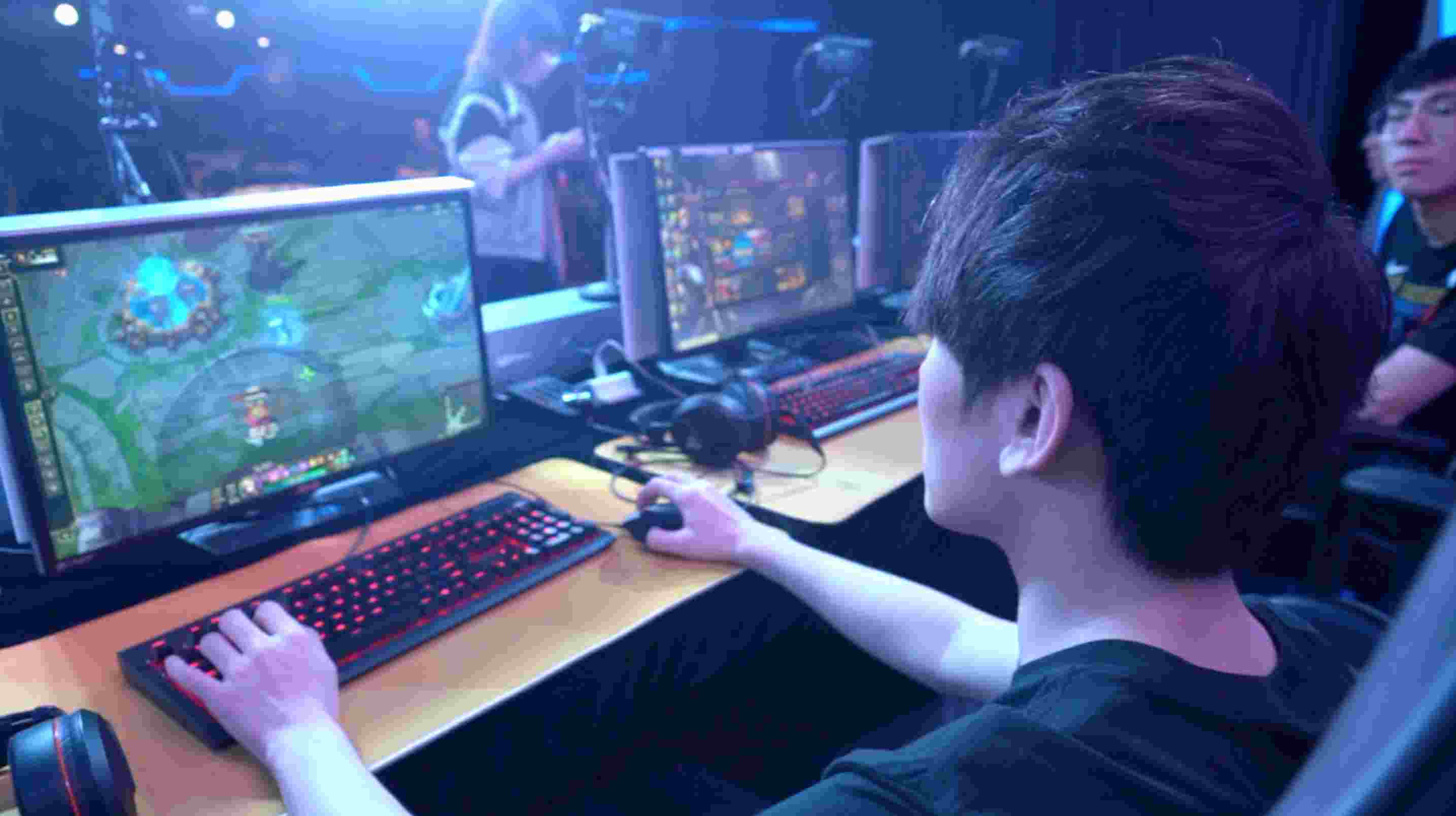
Money Stories
17:44, 01-May-2019
Labor Day focus: The new and cool jobs of China's youth
Updated
20:36, 01-May-2019
Han Peng
06:06

Chloe Ke is known as the "sleeping beauty." Part of the job of this full-time travel blogger is to spend the night in luxury hotels around the world, write reviews about the service and publish them online.
She enjoys her rising Internet fame, and is a trusted source for many of her online followers in their search for new travel destinations and accommodations.

Travel blogger Chloe Ke does a live-stream by the sea. /CGTN Photo
Travel blogger Chloe Ke does a live-stream by the sea. /CGTN Photo
The post-90s millennial was once on a very traditional career path. After graduating from university, she became a civil servant – a so-called "iron bowl" job in China because of its stability in salary, career promotion, and retirement. But she quit the job and started to travel across the world as a travel blogger, on her own expense.
"After I quit, I didn't get any money from my parents. And I've traveled to over 20 countries by myself," she told CGTN on a "Focus Group" interview about China's new generation of jobs.

CGTN's Focus Group on China's new generation of jobs. /CGTN Photo
CGTN's Focus Group on China's new generation of jobs. /CGTN Photo
She added that she "made a lot of money" as her starting capital for her new job by making and selling Internet meme cakes online. The young Shanghaier seems to know all the tricks to promote herself in the Internet era.
"After you get famous as a travel blogger, many tourism bureaus or companies will reach out to you and invite you to write about them. They will cover all the expenses," Chloe said.
The travel blogger told CGTN that her new job helps her achieve what she always dreamed of – traveling across the globe, without spending too much.

Travel blogger Chloe Ke showcases local food at a tourist destination. /CGTN Photo
Travel blogger Chloe Ke showcases local food at a tourist destination. /CGTN Photo
Chen Cheng is an FPV (first-person view) drone racer and Wang Hongcheng is in the booming but still controversial video game industry.
Cheng designs and produces race drones by himself. His fastest drone now flies at a staggering speed of 200 km/h. It also swirls fast as that's also part of the race: competing with drone pilots from around the world to see whose drone flies the fastest in a highly twirled 3D race track.
"When we are doing the drone racing, we need to always improve the equipment. So we are actually pushing the boundaries of drone technologies in the world," Cheng said.

FPV drone racing is a technology-intensive, highly competitive international game. /CGTN Photo
FPV drone racing is a technology-intensive, highly competitive international game. /CGTN Photo
But each job has its struggle. Cheng had to invest millions of yuan annually on R&D, but he has yet to achieve satisfactory profits.
Wang Hongcheng's video game industry, on the contrary, is a business worth billions of dollars. But he admitted that his career is constantly facing misunderstanding and criticism from the public.
"My parents still have zero idea what I'm doing. Many of my teachers don't understand me," Wang told CGTN. "They don't think it's a real job, and believe we are just a bunch of losers playing computer games. But we are really not. We are making decent money. We are getting reputation and fame."
Last year, Chinese video game team IG won an international championship – a piece of news celebrated across China as another professional sports breakthrough. Wang believes the public is moving toward having more understanding and tolerance to the new industry.

A 17-year-old IG professional player prepares for an international championship. /CGTN Photo
A 17-year-old IG professional player prepares for an international championship. /CGTN Photo
The rise of the Internet and artificial intelligence has created new types of jobs among China's young generation. They may look cool and fancy, but these new generation of jobs are no easier than their predecessors.
Can these jobs eventually become mature industries? Are the values these jobs have created really what society needs? What about the future of these young individuals? As they grow older, will they lose their competitiveness? Watch the full version of CGTN's Labor Day Focus Group on China's New Generation of Jobs to find out more.

SITEMAP
Copyright © 2018 CGTN. Beijing ICP prepared NO.16065310-3
Copyright © 2018 CGTN. Beijing ICP prepared NO.16065310-3